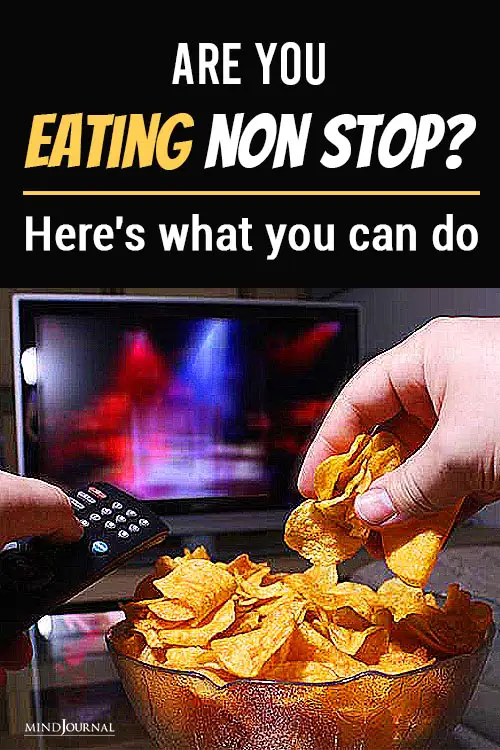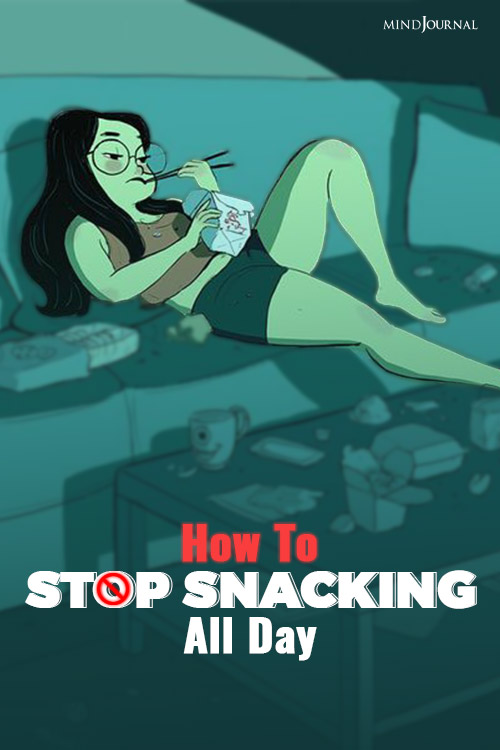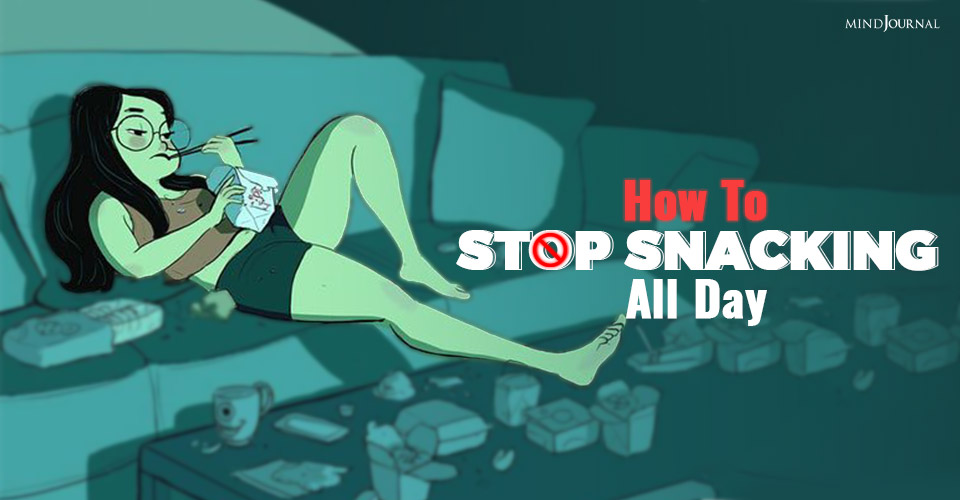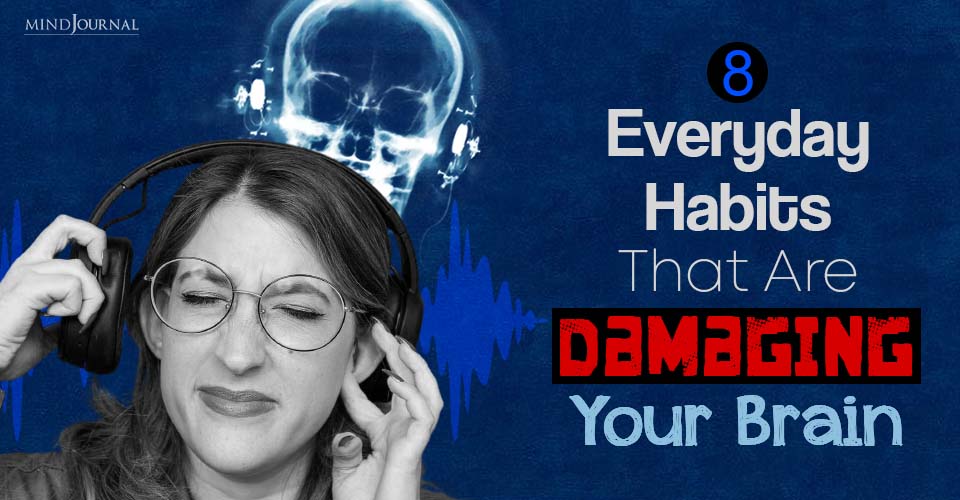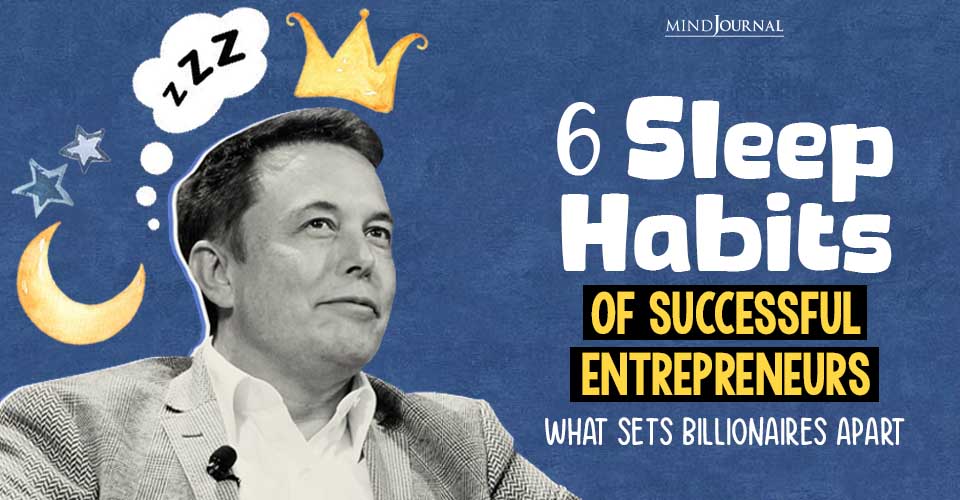Sometimes our brain associates food with a way of problem-solving, a quick escape route when our mind triggers. That’s the time it can be very difficult to curb the urge of constant eating and mindless snacking. Are you eating non-stop and worried about how to solve the issue? A more constructive, permanent solution is twofold:
Constant snacking isn’t always the result of past trauma or destructive beliefs – it can be real-time triggers caused by just about anything.
At its core, it’s really just your brain trying to problem solve as quickly as possible – and based on my timeline lately, there are a whole lot of brains trying to solve the current crisis with food. 😉
Everywhere I look someone is joking about how much they’ve been eating and how much weight they’re probably gaining.
So, what’s up with that? What’s up with all the extra food consumption? Stay tuned for an explanation and some tips.
The causes? On the surface, the biggest, most easily blamed culprits are likely boredom, overwhelm & fear.
But I’m going deeper than that to explain exactly how and why those things cause overeating and what to do about it. Your brain is basically a problem-solving computer. It spends its day trying to keep you safe and alive. That’s its job and it’s pretty good at it.
But it’s not always efficient. It’s locked up there alone in your head – it can’t see, hear, or feel what’s going on around it so has to rely on interpreting millions of little signals it receives from your body and the way it’s perceiving your environment. And it relies on its memory bank (the habit center) for much of our daily activities (so we can multi-task by operating most of our day on auto-pilot) or when presented with a problem.
This is where the programming can get buggy and may drive you to the fridge a hundred times a day.
Life is busy, we’re busy, we’re distracted, our thoughts race, we’re disconnected from our thoughts, the present moment, and from our bodies.
We’re even actively taught to ignore our bodies and listen to other people’s advice about what they need. As a result, we stop being able to hear or understand what they’re telling us – but our brains are still getting the signals they send out and drive behavior as a result of what signals it gets.
Related: 10+ Immunity Boosting Foods You Should Have More Often
Here’s an example of how that plays out to create non-stop snacking – particularly in the midst of life getting upended like it has recently.
You wake up and remember there’s no work or school, it’s another day of being alone (which you’re not used to) or being locked in the house with kids and a spouse all day (which you’re also not used to). You remember your parents are in a high-risk zone and wonder how long this will last. You sigh – you’re trying to stay positive but those realizations come with some kind of feelings. Your brain gets the signal that you’re feeling some kind of way – in this case, probably fear, maybe overwhelm, uncertainty and dread.
That’s a trigger. And you probably don’t even notice it happening because you’ve already got kids screaming in your ear and a dog that wants to go out and you definitely don’t notice whatever feelings landed in your body with those thoughts – too much other stuff going on and you’re already trying to sort out what everyone wants for breakfast.
And it’s okay, you don’t have to worry about sorting out those thoughts and feelings anyway because your brain has your back! It’s on the job! It’s already gotten the signals from your body about the emotions those thoughts produced and searched its memory banks for a solution.
In less than a fraction of a second, it remembered that time in 1984 when you were little and upset – Grandma gave you a cookie and a hug and told you everything was going to be okay. It felt really good and made you feel better. Your brain saved that moment in its “solution to feelings of upset” file so it could pull it back up faster the next time you were upset. At the same time, it remembers the other 2945732 times since then, that food has made things feel better. So, it determines food is the answer – perhaps even so specifically that it determines a cookie is an answer.
Before you even realize what you’re doing, you’re standing in front of the pantry reaching for the cookies. And you have no chance in hell of even figuring out what just drove you to the pantry for those cookies because now your thoughts are too busy doing this to be aware of anything else:
“What are you doing reaching for the cookies again?”
“STOP! Omg, you’re going to gain 20lbs by the time this is over! STOP EATING.”
Related: The Food Craving Guide: What You Think You Want But What Your Body Actually Needs
You’re instantly flooded with a hefty shot of fear (which drives you to want the cookie even more) over the thought of gaining weight but don’t even notice because the thoughts are still going…
“I’ll just have one.”
“God, you’re so pathetic. You were supposed to start being good again today – it’s not even 10 am and look at you, already eating cookies again.”
“Oh well, may as well just eat the rest of them, since I already blew it. I’ll start over tomorrow (or when this crisis is over), for real.”
And the rest of the day ends up following that same pattern – perhaps even the week, month, year. Even if it’s just boredom. Your brain determines there’s a problem and searches for a solution.
It goes like this: trigger that you probably don’t even notice has occurred > brain searches for solution > determines it’s food > you reach for food.
But, because it’s all happening behind the scenes in your head, you have no idea it’s even happening. You’re just wandering the kitchen all day, aware that you can’t stop reaching for food for some reason. On top of that, you may also be judging yourself and worrying about weight gain – which are often just more triggers.
That’s a pretty normal pattern for most people – that’s why everyone is joking about not being able to stop snacking right now. Because it’s actually pretty normal. So if you’ve been judging yourself and worried about weight gain, stop. The choices you’ve been making have been serving a purpose for you right now, and that’s okay!
Related: Diet & Depression: 6 Ways Food Impacts Your Mental Health
Even if you’re not someone who feels like they have “food issues” and you have a fairly healthy relationship with food, if you get the urge to eat something, it feels downright uncomfortable to try to force yourself to not eat at that moment.
Because your brain has determined you have a problem and it’s working hard behind the scenes to drive you to what it thinks is the solution.
And a million different things can trigger you in the run of a day – especially in the midst of uncertainty and chaos.
That’s why you keep eating non-stop.
Again, it’s pretty normal because it’s how our brains are designed to work. They’re doing their jobs. They’re going to help you get through this the best they can and that’s a good thing.
But, it’s not always healthy.
If you’re spending the entire quarantine overeating things that make you feel terrible, you’re going to … well, feel physically terrible.
But there’s also a mental health cost that most people don’t talk about. We’re happy to joke about all the overeating or fears of weight gain but for many people, behind the joking lies real feelings of fear, guilt, and shame. All of which are unhealthy and triggers for more eating.
The point of all, that is to say, it’s all really normal, and gaining a few pounds in the middle of a global pandemic isn’t scary so can we please stop joking about it because the last thing our world needs right now is more fear.
Before I sign off, I want to leave you with some actionable if this is you and it’s causing you distress.
Most advice for mindless, emotional, and autopilot eating is unhelpful because it’s basically just lists of activities you can do instead of eating. My therapist used to tell me to take a bubble bath when I felt like overeating & I’d kinda want to punch him a little.
For the most part, that’s completely useless advice because it does nothing about the wiring in your brain that keeps causing it. And what happens AFTER you do everything on those lists of activities and you still want to eat your way through the entire kitchen?
Trying to busy yourself with distractions when you feel like eating non-stop is often useless because there’s a reason you feel like eating. Something is driving that action – you need something. Trying to busy yourself so you don’t think about it doesn’t do anything to help give you what you actually need – particularly since there are triggers everywhere, all day long. It’s impractical to suggest busying yourself through every trigger for the rest of your life.
Related: How Yoga And Mindful Eating Can Be Beneficial For You
A more constructive, permanent solution is two fold:
- Recognize when and why you’re being triggered
- Rewire the part of your brain that has learned the solution is food.
Most of this comes from just learning to be with, and better manage, emotions since emotions are often huge triggers. If boredom is a trigger, you have two choices: Stay busy forever or learn that you can survive just being still with yourself.
As someone who used to eat out of boredom (and for just about any other reason, lol) I chose the latter (thank goodness) and it’s been a lifesaver for me through all this. Boredom doesn’t even exist in my world anymore which is making this easy for me to get through it all without eating non-stop.
But I’ve put in a lot of work to get here and the middle of a crisis as unprecedented as we’ve been facing lately is probably not the easiest time to start trying to learn how BUT you can start doing a few things if you’d like to start trying.
Here are some steps you start trying to implement today if you want to start trying to better understand your non-stop eating:
1. Stop trying to “be good with food” and just eat whatever you want. This helps remove the added fear and guilt that food rules create.
2. Pause for a second before eating to ask am I physically hungry? Do a quick body scan to notice what you’re feeling. This helps you start reconnecting with your body.
3. If no, then notice – what just happened? What was I just thinking about? What am I feeling emotional? What do I actually need right now? And two big ones: how will I feel if I eat that and do I want to feel that way?
This helps create a space of awareness between trigger and behavior and that space is where your power lies – that’s where automatic programming can start getting rewired because it shuts off the automatic programming long enough for you to make a conscious choice. That’s the first step. For a while, you’ll still choose to eat. That’s normal in the beginning. It’s a process that happens in steps – the first step is just pausing the autopilot for a second to notice.
It took me yearssss to learn how to do this myself and because I want to help make it faster and easier for you to learn how, I’ve broken the entire process down into an easy to follow, step by step SANER way to approach mindless and emotional eating with my Cognitive Eating system.
Written by: Roni Davis
Originally appeared on Ronidavis.com
